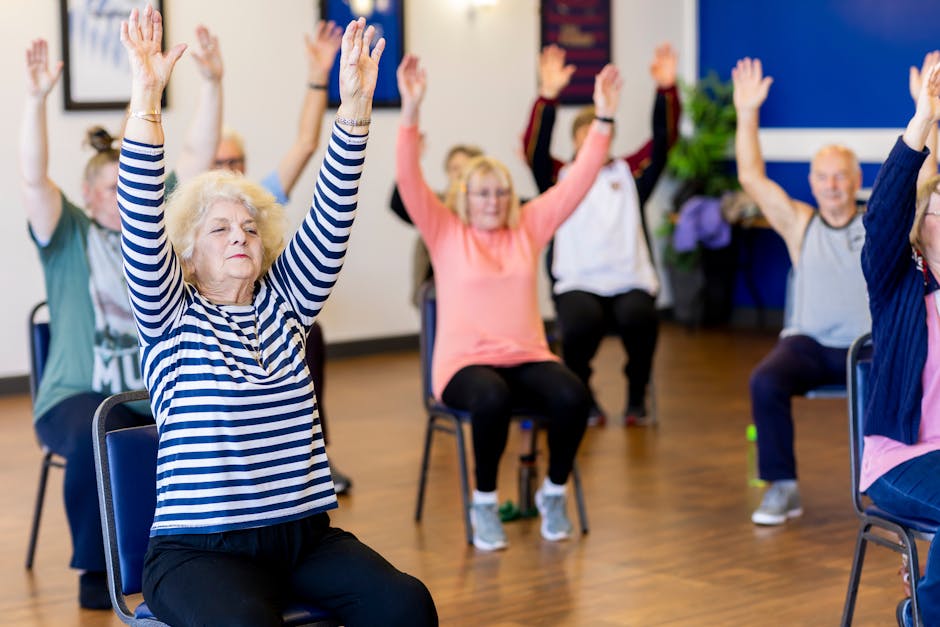On : My Experience Explained
Why You May Need To Hire A Land Use Lawyer
Navigating the complexities of land use regulations can be a daunting task for property owners, developers, and even seasoned real estate professionals. The intricate web of zoning laws, environmental regulations, and local ordinances can present significant challenges, potentially leading to costly delays, legal disputes, and ultimately, the failure of a project. In such situations, the expertise of a land use lawyer becomes invaluable. Hiring a Florida Keys land use lawyer can provide crucial guidance, ensuring compliance with applicable regulations and safeguarding your interests throughout the development process.
One of the primary reasons to engage a land use lawyer is their in-depth understanding of zoning regulations. Zoning laws dictate how land can be used, specifying permissible building types, density restrictions, and other development standards. These regulations vary significantly between jurisdictions and can be complex and difficult to interpret. A land use lawyer can analyze the applicable zoning ordinances, assess the feasibility of your project, and advise on potential challenges or obstacles. They can also assist in obtaining necessary zoning approvals, such as variances or special permits, which may be required to deviate from standard zoning requirements. Their expertise in navigating the zoning process can save you time and money, preventing costly mistakes and ensuring your project complies with all applicable regulations.
Beyond zoning, land use lawyers possess a comprehensive understanding of environmental regulations. Development projects often have environmental impacts, and compliance with federal, state, and local environmental laws is essential. These laws may address issues such as wetlands protection, endangered species, stormwater management, and hazardous materials. A land use lawyer can help you identify potential environmental concerns, conduct environmental due diligence, and obtain necessary environmental permits. They can also represent you in negotiations with regulatory agencies and defend against environmental enforcement actions. By proactively addressing environmental issues, a land use lawyer can help you avoid costly fines and delays, ensuring your project proceeds smoothly and sustainably.
Furthermore, land use lawyers are skilled in handling land use disputes. Disagreements with neighbors, local government agencies, or other stakeholders can arise during the development process. These disputes may involve issues such as property line disputes, easement rights, or challenges to zoning decisions. A land use lawyer can represent your interests in negotiations, mediations, or litigation, seeking to resolve disputes effectively and efficiently. They can also advise you on your legal options and strategies for protecting your property rights. Their advocacy and legal expertise can be invaluable in resolving conflicts and achieving a favorable outcome.
In addition to these core areas, land use lawyers can provide valuable assistance in other aspects of land development. They can help you negotiate and draft land use agreements, such as easements, covenants, and restrictions. They can also assist in obtaining necessary permits and approvals from various government agencies, such as building permits, subdivision approvals, and environmental permits. Their broad knowledge of land use law and their relationships with regulatory agencies can streamline the development process and ensure your project is completed in a timely and cost-effective manner.
 Structure Depend On: The Role of a Trusted Community Center
Structure Depend On: The Role of a Trusted Community Center